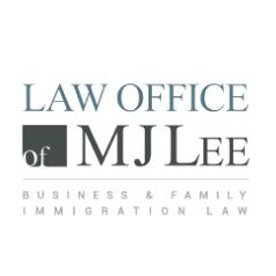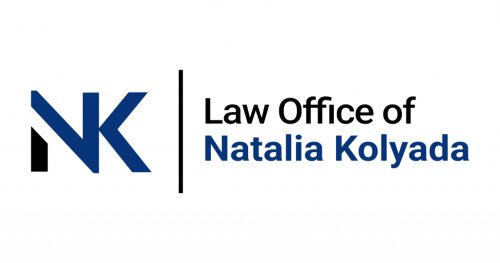Best Child Abuse Lawyers in Boston
Share your needs with us, get contacted by law firms.
Free. Takes 2 min.
Free Guide to Hiring a Family Lawyer
List of the best lawyers in Boston, United States
About Child Abuse Law in Boston, United States:
Child abuse is a serious issue that can have lasting effects on a child's physical, emotional, and mental well-being. In Boston, United States, there are laws in place to protect children from abuse and neglect. These laws define child abuse, mandate reporting requirements, and outline the legal consequences for those found guilty of abusing a child.
Why You May Need a Lawyer:
If you are a parent who has been accused of child abuse, or if you suspect that a child is being abused, it is important to seek legal advice. A lawyer can help protect your rights, navigate the legal system, and ensure that the best interests of the child are being considered.
Local Laws Overview:
In Boston, Massachusetts, child abuse laws are governed by the Massachusetts General Laws Chapter 119, Section 51A. These laws require certain professionals, such as teachers, doctors, and social workers, to report suspected cases of child abuse or neglect to the Department of Children and Families.
Frequently Asked Questions:
Q: What constitutes child abuse in Boston?
A: Child abuse in Boston can include physical, emotional, or sexual abuse, as well as neglect or exploitation of a child.
Q: How do I report child abuse in Boston?
A: If you suspect a child is being abused, you should contact the Department of Children and Families or local law enforcement.
Q: Can I remain anonymous when reporting child abuse?
A: Yes, you can generally report child abuse anonymously, but providing your contact information can be helpful for follow-up purposes.
Q: What are the consequences for someone found guilty of child abuse in Boston?
A: Depending on the severity of the abuse, consequences can include criminal charges, loss of parental rights, and civil liability.
Q: How can a lawyer help me in a child abuse case?
A: A lawyer can provide legal advice, represent you in court, and help protect your rights throughout the legal process.
Q: Should I hire a specialized child abuse lawyer?
A: While not required, hiring a lawyer with experience in child abuse cases can be beneficial due to their expertise in this area of law.
Q: What if I am falsely accused of child abuse?
A: A lawyer can help you defend against false accusations and protect your reputation and parental rights.
Q: What services are available for child abuse victims in Boston?
A: Child abuse victims can access a range of services, including counseling, legal support, and advocacy through organizations like the Massachusetts Children's Trust Fund.
Q: Can I sue someone for child abuse in Boston?
A: Yes, depending on the circumstances, you may be able to pursue a civil lawsuit against the abuser for damages related to the abuse.
Q: How long do I have to file a child abuse claim in Boston?
A: The statute of limitations for filing a child abuse claim in Boston varies depending on the nature of the abuse and the age of the victim. It is important to consult with a lawyer to determine the applicable time limits.
Additional Resources:
For more information on child abuse laws in Boston, you can contact the Boston Bar Association's Lawyer Referral Service or the Massachusetts Department of Children and Families.
Next Steps:
If you are in need of legal assistance in a child abuse case, it is important to contact a qualified lawyer who can help protect your rights and guide you through the legal process. Consult with an experienced attorney to discuss your options and determine the best course of action for your situation.
Lawzana helps you find the best lawyers and law firms in Boston through a curated and pre-screened list of qualified legal professionals. Our platform offers rankings and detailed profiles of attorneys and law firms, allowing you to compare based on practice areas, including Child Abuse, experience, and client feedback.
Each profile includes a description of the firm's areas of practice, client reviews, team members and partners, year of establishment, spoken languages, office locations, contact information, social media presence, and any published articles or resources. Most firms on our platform speak English and are experienced in both local and international legal matters.
Get a quote from top-rated law firms in Boston, United States — quickly, securely, and without unnecessary hassle.
Disclaimer:
The information provided on this page is for general informational purposes only and does not constitute legal advice. While we strive to ensure the accuracy and relevance of the content, legal information may change over time, and interpretations of the law can vary. You should always consult with a qualified legal professional for advice specific to your situation.
We disclaim all liability for actions taken or not taken based on the content of this page. If you believe any information is incorrect or outdated, please contact us, and we will review and update it where appropriate.











